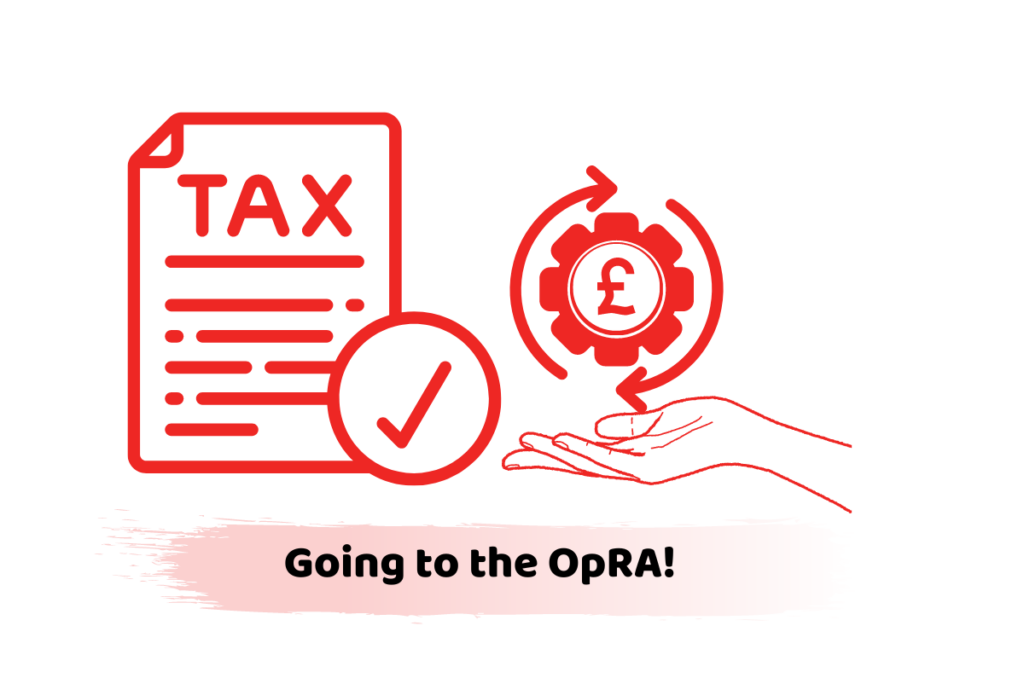There are instances where choosing to take a benefit-inkind rather than salary may not produce a reduction in tax or National Insurance contributions for employee or employer.
Remuneration comes in many guises, usually as salaries, bonuses or benefits-in-kind, all being subject to tax and National Insurance contributions (NICs) unless the payment or benefit is specifically exempted (e.g., long-service awards). Importantly, employees do not pay NICs on benefits-in-kind and one method whereby this point can be to an employee’s advantage is via the use of what HMRC terms ‘optional remuneration arrangements’ (OpRAs). You will usually find such ‘arrangements’ in ‘salary sacrifice schemes’, but others can come under this heading.
How Do They Work?
The main feature of such ‘arrangements’ is that an employee (which can include a director) gives up the right, or future right, to receive an amount of cash earnings in exchange for a benefit-in-kind. A salary sacrifice is, therefore, a reduction in pay rather than a deduction. HMRC splits these arrangements into ‘Type A’ and ‘Type B’. A ‘Type A’ arrangement is usually a standard salary sacrifice-type offering, whereas a ‘Type B’ arrangement is one where employees choose between taking a benefit or receiving a cash allowance. Without the OpRA rules, employees would pay less income tax and NICs than they would have done if paid entirely in cash. Most arrangements will fall within the rules whereby the benefit’s taxable value is calculated as the being the greater of the cash given up and the taxable value under the usual benefit-in-kind rules. The employee is taxed on this calculated amount, but does not pay NICs – the employer will pay NICs on the taxable value. Should the employee not have the right to choose, the OpRA rules will not apply, and the taxable value of the benefit will be as charged under the normal benefit rules. However, there are exceptions to the OpRA rules, such that the only benefits that do not have to be valued or reported to HMRC under such arrangements are:
- payments into pension schemes;
- employer-provided pensions advice;
- workplace nurseries;
- childcare vouchers and directly contracted employer-provided childcare that started on or before 4 October 2018; and
- bicycles and cycling safety equipment (including cycle to work).
HMRC has specific valuation rules in relation to the benefit for supplying living accommodation. Under a ‘Type ‘B’ arrangement, the relevant amount to be treated as earnings reflects this calculation as being the greater of:
- the ‘modified cash equivalent’ of the benefit; and
- the amount of salary foregone.
Where the cost of providing is less than £75,000, the ‘modified cash equivalent’ is the rental value of the accommodation for the taxable period; where the cost of providing is more than £75,000, the benefit is calculated as (cost – £75,000) × official rate of interest at the start of the tax year – any rent paid or amount made good is not deducted from this final amount. Importantly, a salary sacrifice arrangement must not reduce an employee’s cash earnings below the National Minimum Wage rate. Employers need to be aware of this and place a cap on any salary sacrifice deductions to ensure that these rates are maintained.
Practical Tip
For an employee, swapping cash for a benefit can be beneficial in ways other than reducing their tax and employee’s NICs bill, e.g., it can enable employees earning just over £50,000 to reduce their salaries so as to continue to receive child benefit (which begins to be clawed back once one partner earns more than £50,000).





















































